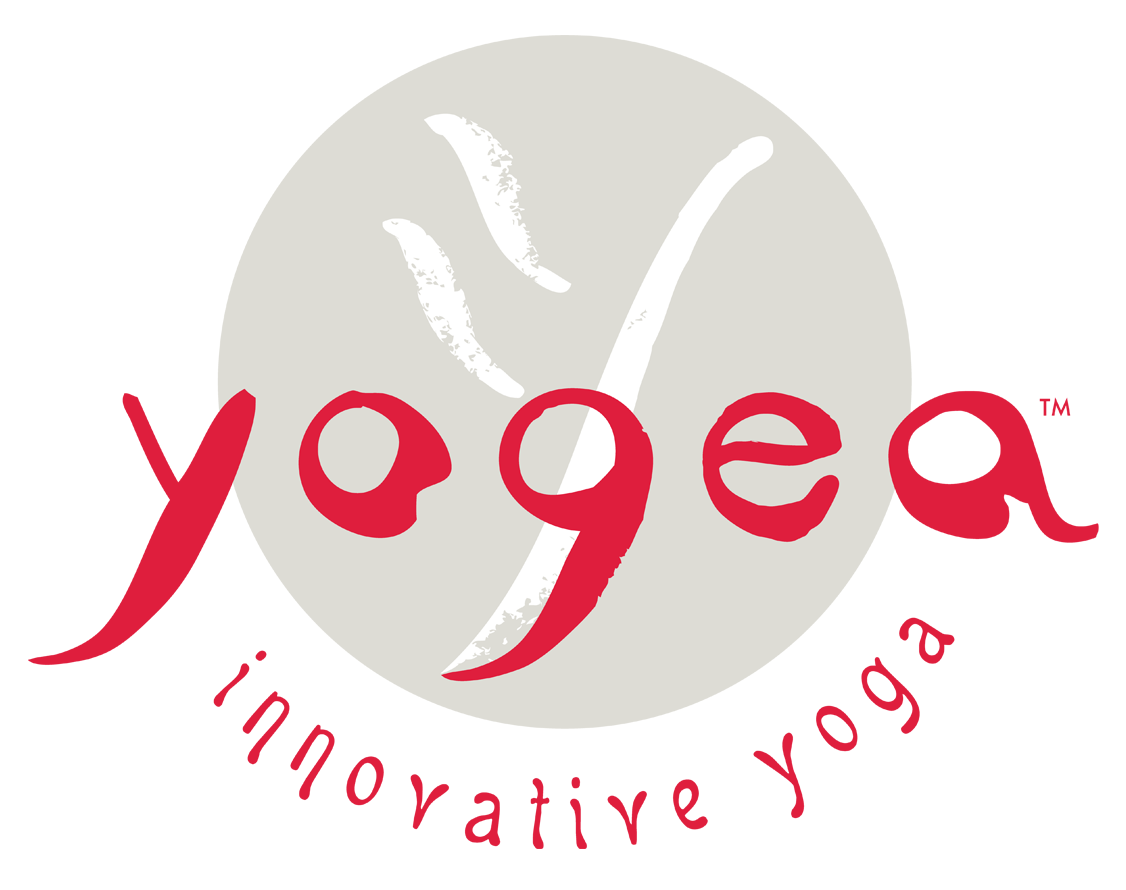Pace Down
I always picture anxiety as a defense mechanism. It’s the shield we wear when we loose grip on things. And it mostly comes from the expectations of not pacing up with life that modern society has imposes on our self.
What happens when we get anxious? Our pulse skyrockets. We become short of breath. We get dizzy, confused or angsty, for no particular reason. Being panic-stricken is sometimes the result of hours, days and even years of emotional suppression, psychological depression or self-denial. It could be caused by a chemical imbalance, as is the case of depression or constant worry and existential angst that have triggered tons of cortisol shots in our system. Our poor adrenalin glands have been over-secreting to keep up with the high pace and information overload.
Clearly the “icloud” powered by the overwhelming acceleration of our fast-ridden society has not been kind to us. We find ourselves breaking down, burning out and simply not taking charge of our lives. Even worse, anxiety attacks breed more fear and can lead to a permanent depression.
To counter this tendency of anxiety and depression and to curb the ebbing tide of acceleration we need to slow down. It first starts from slowing our breath down, and then making room for what really matters and getting rid of what no longer serves us. It’s a process of simplifying, of de-cluttering, of weeding, of releasing.
The truth is that the overstimulation and the gravely painted “informational dumpster” comes from our constant desire to be up-to-date with the latest and the greatest. We loose track of what’s pertinent and we ride for the superfluous. But, let’s face it. The informational cloud is neutral. It is just a phenomenon we could explore as a detriment or in service of our personal growth. It is up to us how we react to it, how to use it and how to apply it to better ourselves.
I like to observe myself every time I get anxious. It always comes from an outside source that mostly has to do with fear and worry about not meeting deadlines and expectations, whether professional or personal. It’s hard to examine yourself while you’re in the blues or when your pulse is racing up. But if you slow down your breathing and consciously rewire the mind to send positive signals to the cells, you notice an instant shift from a place to despair to a place of gratitude and awe. Being awe-struck and thriving in gratitude is the opposite of being fearful and panic-stricken. And the shift happens every time we come off the treadmill and pace down both our breathing and our brain. Being present and aware, we kiss constant worry and anxiety goodbye.
Anti-anxiety Breathing: Pace Down
This breathing invites mindfulness and offers a few ancient tools adapted for our modern hi-tech and hi-paced world to help you release tension, sooth the nervous system, unplug the mind and enjoy life to its fullest. Gentle tapping clears away mental clutter and physical tension, whilst a calming pranayama sequence coupled with simple mudra helps zoom on what matters and look on the bright side of life.

Leave a Reply